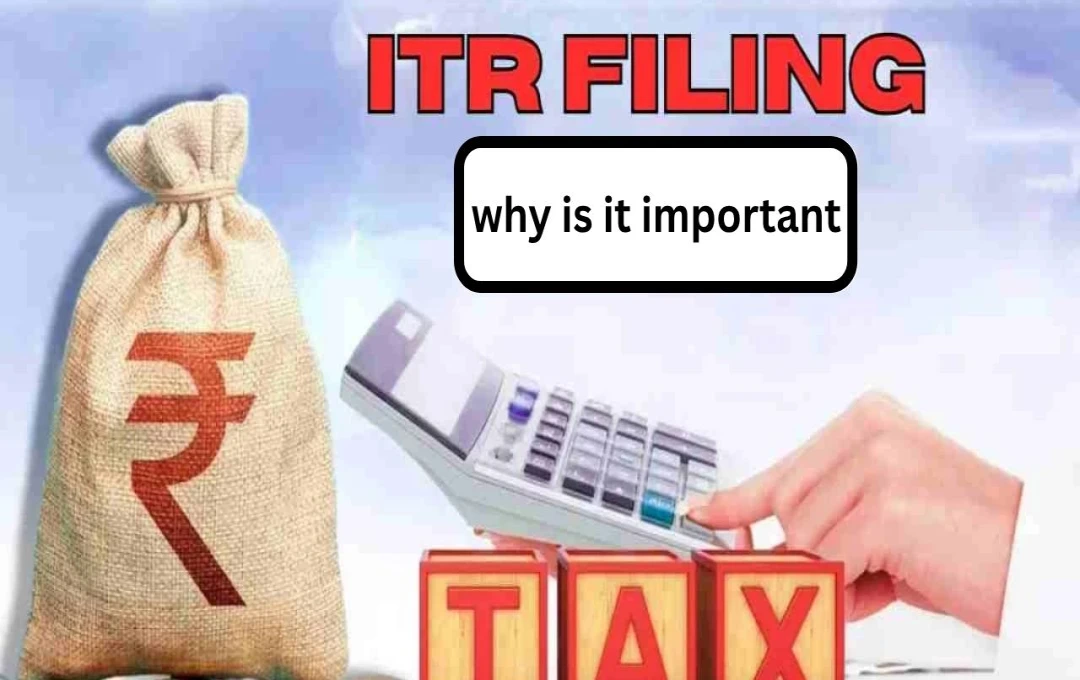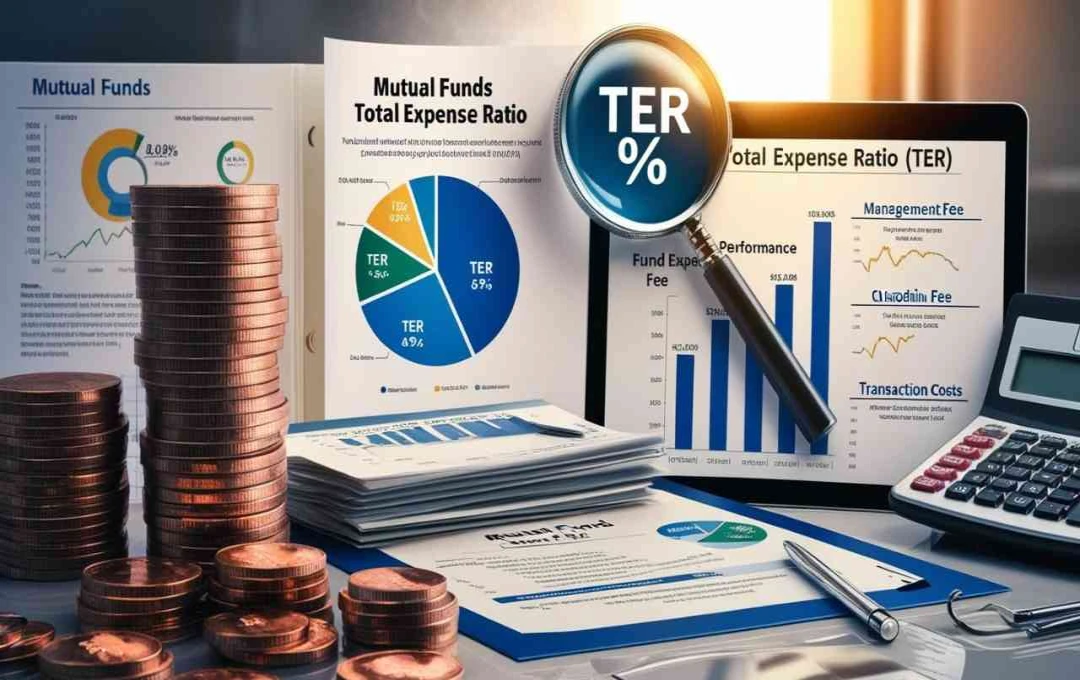As the July 31, 2025 deadline approaches, awareness and concern regarding Income Tax Return (ITR) filing are increasing. As every year, the Income Tax Department has set a deadline for taxpayers. But is it mandatory for every citizen to file an ITR? No. The Indian government has clarified the conditions under which ITR filing is mandatory and when it is not.
This report will outline the current ITR filing regulations, who must file, and situations where ITR filing is mandatory even with a low income.
ITR Filing: Why is it Important?
Filing an ITR is not only a civic responsibility but also strengthens your financial profile. An ITR serves as a crucial document for bank loans, visa applications, eligibility for government schemes, and even obtaining credit cards.
Who is Not Required to File ITR?
Under the Indian Income Tax rules, some citizens are exempt from filing returns. If your total income is below the tax exemption limit, filing an ITR is not mandatory. Key points include:
- Old Tax Regime: If your total annual income is ₹2.5 lakh or less.
- New Tax Regime: The exemption limit is ₹3 lakh.
- Senior Citizens (60 to 80 years old): ITR filing is not mandatory if their income is less than ₹3 lakh.
- Super Senior Citizens (80 years or older): ITR filing is not mandatory if their income is less than ₹5 lakh.
Who Must File ITR?

If your income exceeds the limits mentioned above, filing an ITR is mandatory. However, in some situations, ITR filing becomes necessary even with a lower income:
Banking Transactions and Expenses
- Transactions of ₹1 crore or more in a Current Account.
- Deposits of ₹50 lakh or more in a Savings Account.
- Expenditure of ₹2 lakh or more on international travel.
- Electricity bill exceeding ₹1 lakh in any year.
Business/Profession Related Conditions
- Annual business turnover exceeding ₹60 lakh.
- Professional income exceeding ₹10 lakh.
TDS/TCS Deduction
- If TDS or TCS for the entire financial year exceeds ₹25,000.
- This limit is ₹50,000 for senior citizens.
- TDS deducted? ITR is necessary for a refund.
Even if your total income is within the tax-free limit, but TDS has been deducted, filing an ITR is mandatory to claim a refund. You cannot claim a refund without filing an ITR.
Consequences of Not Filing ITR

- Penalty: Failure to file ITR by the due date can result in a penalty ranging from ₹1,000 to ₹5,000.
- No Refund: ITR is necessary to receive a refund if TDS has been deducted.
- Difficulties in Financial Transactions: ITR is required during loan, credit card, or visa applications.
- Risk of Tax Notices: The IT department may issue notices if you fail to file ITR under the stipulated conditions.
Even if your income is within the tax exemption limit, filing an ITR can be a crucial step for your financial security and transparency.














